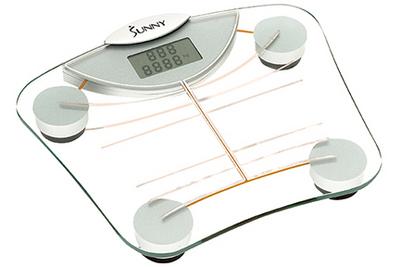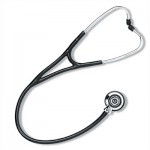
 Simply put – the scale can be a terrifying friend or foe. Based on the type of lifestyle you live and how frequently you visit the scale’s services you either love it or hate it. Regardless of the outcome the apprehension always lives on before the short fateful step is made.
Simply put – the scale can be a terrifying friend or foe. Based on the type of lifestyle you live and how frequently you visit the scale’s services you either love it or hate it. Regardless of the outcome the apprehension always lives on before the short fateful step is made.
Many of us, myself included question how often we should weigh ourselves. We question, should we weigh ourselves only when we are working to drop a few pounds or work weighing ourselves into regular fitness habits. And if we decide the ladder how often on a yearly bases?
I find that knowing where you are on any account can get you where you’re going faster. The key is to give yourself time to arrive. Within a healthy lifestyle keeping a consistent tab on scale digits can keep your lifestyle consistent and in some cases recognize an oncoming plateau. Weighing once a month is enough to be sure the numbers aren’t rising, and if they are, the damage done will be minimal compared to letting more time lapse between weigh ins. Weigh yourself on the same day each month and be sure your monthly weigh ins aren’t at times when your stress is peaked or (for ladies) during your cycle. Also the time of day plays a factor as well. The best time to weigh is early morning before breakfast but after you’ve used the restroom. For those looking to drop a few pounds through diet and exercise changes, once a week will suffice.
Weighing weekly will give your body time to actually do the work and adjust to new eating and exercise patterns. Also, weighing more often can send you into an anxiety attack prematurely. After a month of weekly weigh ins, the results should determine the progress you’ve made. From that – decide if your routine is working or if you should alter parts of your weight loss regiment.
In the end the scale should be more friend than foe. Think of it as only an object to accurately moderate and track your fitness goals. Release the apprehension and let the scale work for you not against you.
*recommends a spring scale (gravity scale, usually has LED reading) to a balance scale (fulcrum used, usually found in doctor’s offices), they measure to the ounce opposed to rounding off. (but spring scales are usually more accurate)





What do you think?